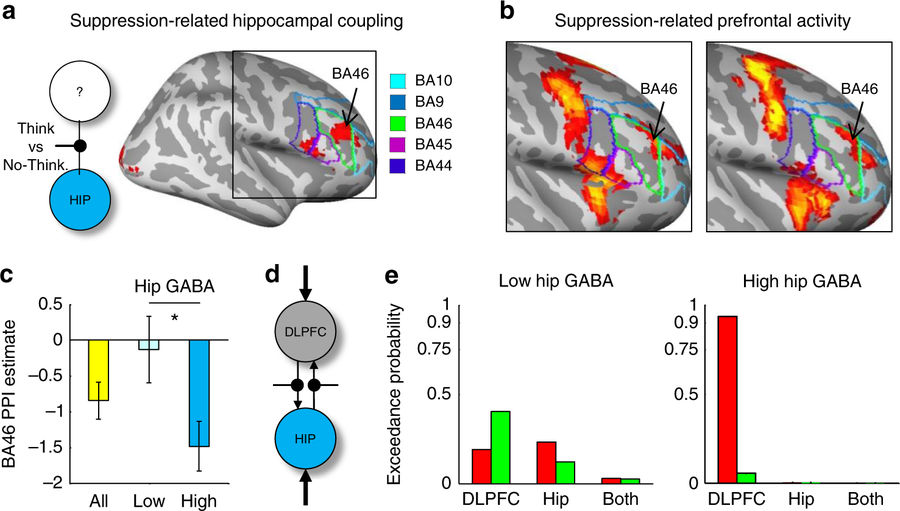INSUBCONTINENT EXCLUSIVE:
Humans are usually pretty good at blocking out their worst memories, whether they’re getting turned down for prom or surviving traumatic
loss. But soldiers with post-traumatic stress disorder (PTSD) or patients with mental illness frequently struggle to block out these
memories or unwanted thoughts, leading them to relive their traumas over and over
Depression and hopelessness can soon follow.Yet new discoveries by researchers at McGill University may finally lead to treatments that will
help people with these conditions.Until now, scientists knew that people with PTSD or schizophrenia lacked a neurochemical in their
prefrontal cortex called gamma-Aminobutyric acid (GABA), which our bodies produce to suppress any memories that trigger bodily stress. But
when scientists tried injecting GABA into patients’ brains, their memories remained unfiltered, and, until now, no one knew why. In a
recent issue of Nature Communications, Taylor Schmitz and four other researchers revealed that GABA is actually made in the hippocampus, the
tiny horseshoe-shaped part of the brain that preserves long-term memories. Using magnetic resonance imaging to study the brains of healthy
adults, Schmitz and his colleagues discovered that GABA traveled along interneurons to the cortex whenever their subjects were told to stop
thinking about something. Using spectroscopy to study brain patterns, researchers found the part of the brain where memories are stopped in
their tracks |Credit: Nature CommunicationsIn healthy brains, the hippocampus sends GABA to our cortexes as a “stop signal” when we
consciously decide to push thoughts aside. In unhealthy brains, the hippocampus doesn’t send the signal, and those thoughts and memories
come anyway. Helping brains to say 'No'These findings give researches an exciting new avenue for potential drug therapies for patients
struggling with mental illness. In the past, GABA injections to the cortex could do nothing except suppress all memories at random—not a
viable solution. But armed with this new data, doctors could recommend hippocampal GABA treatments, which would empower patients to
selectively suppress their worst memories.Still, the scientists themselves have pumped the brakes on saying their study proves PTSD can be
cured. In their “Discussion” of the findings, they note that the study tracked brain patterns for healthy adults, and said that they
can’t definitively prove that hippocampal GABA will be as effective in suppressing “complex and aversive content”. Still, this news
is incredibly promising for both the veteran and mental health community. Via Scientific AmericanYorvkWb9BDWTChm44F9ch9.jpg#

